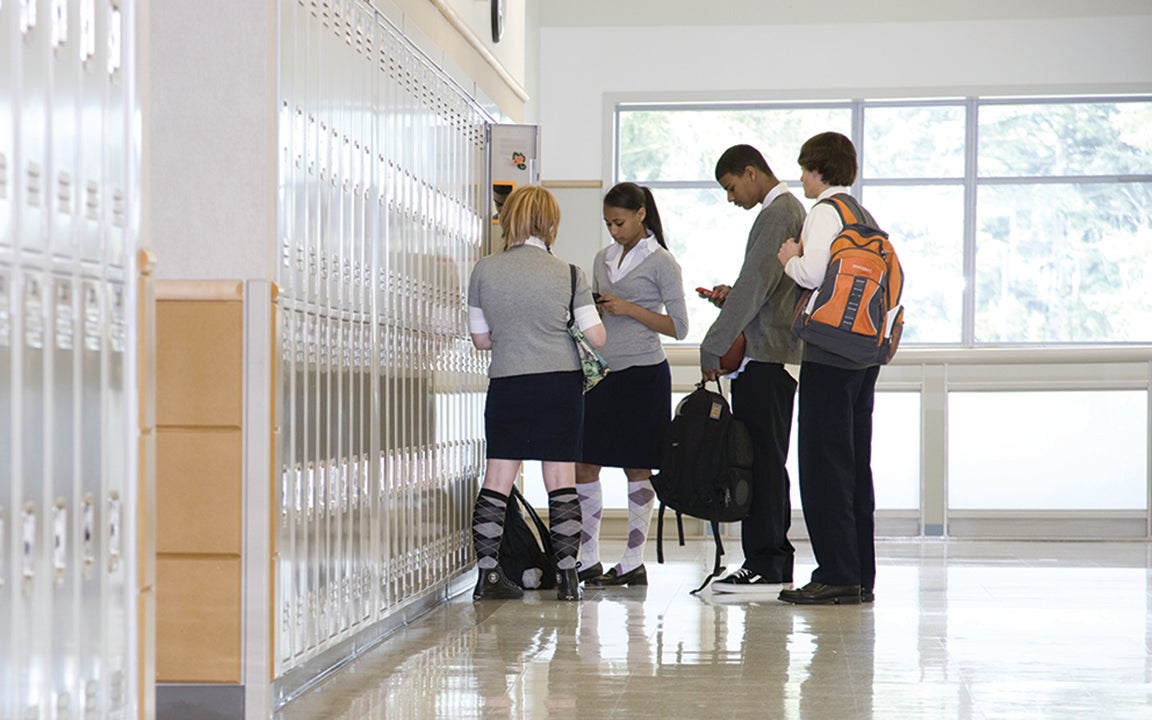Suit again targets North Carolina private school scholarship program
Published 6:59 pm Monday, July 27, 2020
|
Getting your Trinity Audio player ready...
|
By Gary D. Robertson, Associated Press
Several North Carolina parents sued on Monday to halt the state’s taxpayer-funded scholarship program for K-12 children to attend private schools, saying they’re discriminated against based on their beliefs about religion and sexuality.
The litigation filed in Wake County court contends the current Opportunity Scholarship Program violates several portions of the state constitution, including those protecting religious freedom. It comes five years after a closely divided state Supreme Court upheld the legality of the private-school grants.
The plaintiffs’ lawyers write the lawsuit challenges the program “as implemented.” That acknowledges the grants are lawful in other formats, in keeping with the 2015 Supreme Court decision. But the National Education Association and the North Carolina Association of Educators, vocal opponents of what they call voucher programs, are funding the lawsuit. NCAE President Tamika Walker Kelly is one of the plaintiffs and leaves no doubt her goal is eliminating the program.
“Vouchers for private schools are an affront to a state that has a long and cherished history of public education,” Walker Kelly, a Fayetteville teacher, said in a news release. “Using public money to pay for private schools is part of a broad assault on public schools and on our state constitution.”
Republican legislators who approved the program in 2013 consider it one of their major education accomplishments of the past decade. The General Assembly set aside $65 million during the past fiscal year for the initiative, which distributed grants for more than 12,000 students in lower-income families, the lawsuit says. The GOP also passed a law automatically increasing program funding by $10 million annually through mid-2028.
Parents for Educational Freedom in North Carolina, which lobbies for the program, dismissed Monday’s lawsuit as a “political stunt” at a time when more parents are looking for more educational options.
“This lawsuit demonstrates once again how out-of-touch the NCAE is both with North Carolina families and with national trends in favor of school choice and ever-expanding educational opportunity for every American student,” Parents for Educational Freedom President Mike Long said. The state of North Carolina and the program administrator are lawsuit defendants.
In a 4-3 decision, the state Supreme Court ruled in July 2015 that people who challenged the program in 2013 failed to prove it violated the constitution. But the majority — all registered Republicans — said it was up to legislators to decide whether the idea was good policy.
Monday’s lawsuit differs from the earlier litigation with its stronger emphasis on religious discrimination claims.
The parents, which include some in same-sex marriages, say they don’t adhere to views on Christianity and LGBT rights that conservative private schools in their communities require for enrollment. The lawsuit cites rules at schools that refuse admission to children who don’t subscribe to their doctrine and expel openly LGBT individuals or those who express support for gay rights.
Married couple Kate and Elizabeth Meininger of Fayetteville, two of the plaintiffs, qualify for the scholarship program for their two children. But nearly all of the area schools are Christian and would bar their children from admission, the lawsuit said.
“The Meiningers’ friends and neighbors have more publicly funded educational opportunities than the Meiningers because of who they love,” the lawsuit said.
Any ruling by a trial judge ultimately could return the matter to the state Supreme Court, where registered Democrats now hold a majority of seats. The three Democratic justices who recorded dissenting opinions in the 2015 case remain on the court. At the time they agreed with a ruling from a Superior Court judge, who struck down the program in part because religious schools can enroll or reject children based on their faith.
Like the 2013 lawsuit, Monday’s litigation also alleges taxes and funding for the program violate the state constitution because they’re not used for a public purpose. The lawyers cite a lack of accountability to ensure the money is used to effectively educate children.
READ ABOUT MORE SCHOOL NEWS HERE.
RECENT HEADLINES:






